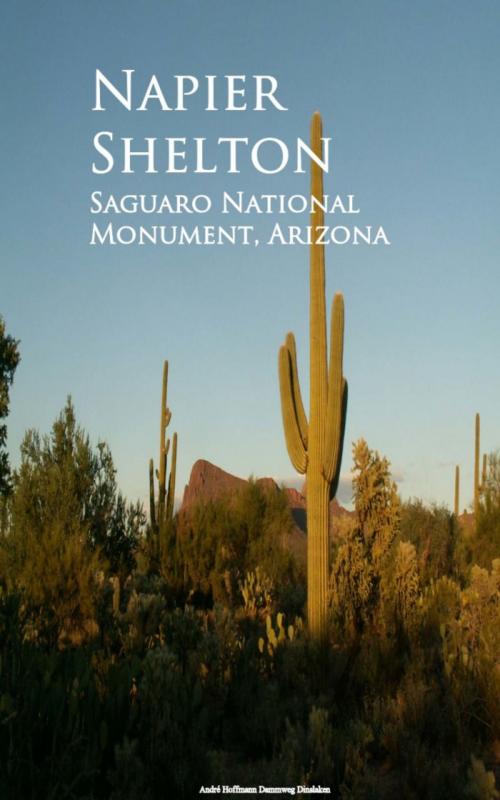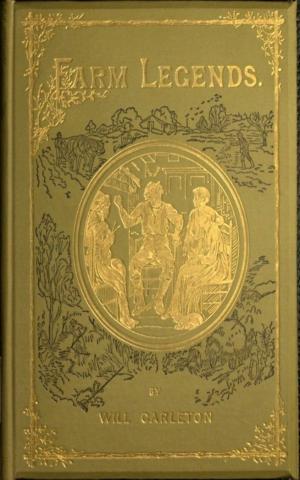| Author: | Napier Shelton | ISBN: | 9783736416369 |
| Publisher: | anboco | Publication: | September 28, 2016 |
| Imprint: | Language: | English |
| Author: | Napier Shelton |
| ISBN: | 9783736416369 |
| Publisher: | anboco |
| Publication: | September 28, 2016 |
| Imprint: | |
| Language: | English |
This book is a simple account of the natural history of Saguaro National Monument. It is intended to help you understand the relationships between land, climate, plants, wild animals, and man in the environment of a hot desert. While it includes brief profiles of many representative species, it is not intended to serve as a guide to the monument. It does indicate where the several distinctive natural communities exist, and when and where to look for certain plants and animals. For identification purposes, you will need field guides. The present edition is my revision of the 1957 book by Natt Dodge, then naturalist for the Southwest Region of the National Park Service. The first five and the last two chapters are essentially new; the central chapters on plants and animals remain largely as written in the first edition. The authors wish to thank former and present members of the monument staff for their help and companionship, in both field and office. We are particularly grateful to Chief Naturalist Harold T. Coss, Jr., who devoted much time and effort to obtaining many of the photographs and, with Park Biologist Warren F. Steenbergh, gave the manuscript a thorough scrutiny. The cooperation and hospitality of Superintendent Harold R. Jones have created the best possible climate for work on the revised edition. National Park Service geologist Robert H. Rose contributed in very great measure to the geological content. Finally, our thanks go to the many students of desert life on whose knowledge this book has been built, and to monument visitors who ask questions—for their concern gives hope for better relations between man and nature. —N.S.
This book is a simple account of the natural history of Saguaro National Monument. It is intended to help you understand the relationships between land, climate, plants, wild animals, and man in the environment of a hot desert. While it includes brief profiles of many representative species, it is not intended to serve as a guide to the monument. It does indicate where the several distinctive natural communities exist, and when and where to look for certain plants and animals. For identification purposes, you will need field guides. The present edition is my revision of the 1957 book by Natt Dodge, then naturalist for the Southwest Region of the National Park Service. The first five and the last two chapters are essentially new; the central chapters on plants and animals remain largely as written in the first edition. The authors wish to thank former and present members of the monument staff for their help and companionship, in both field and office. We are particularly grateful to Chief Naturalist Harold T. Coss, Jr., who devoted much time and effort to obtaining many of the photographs and, with Park Biologist Warren F. Steenbergh, gave the manuscript a thorough scrutiny. The cooperation and hospitality of Superintendent Harold R. Jones have created the best possible climate for work on the revised edition. National Park Service geologist Robert H. Rose contributed in very great measure to the geological content. Finally, our thanks go to the many students of desert life on whose knowledge this book has been built, and to monument visitors who ask questions—for their concern gives hope for better relations between man and nature. —N.S.















